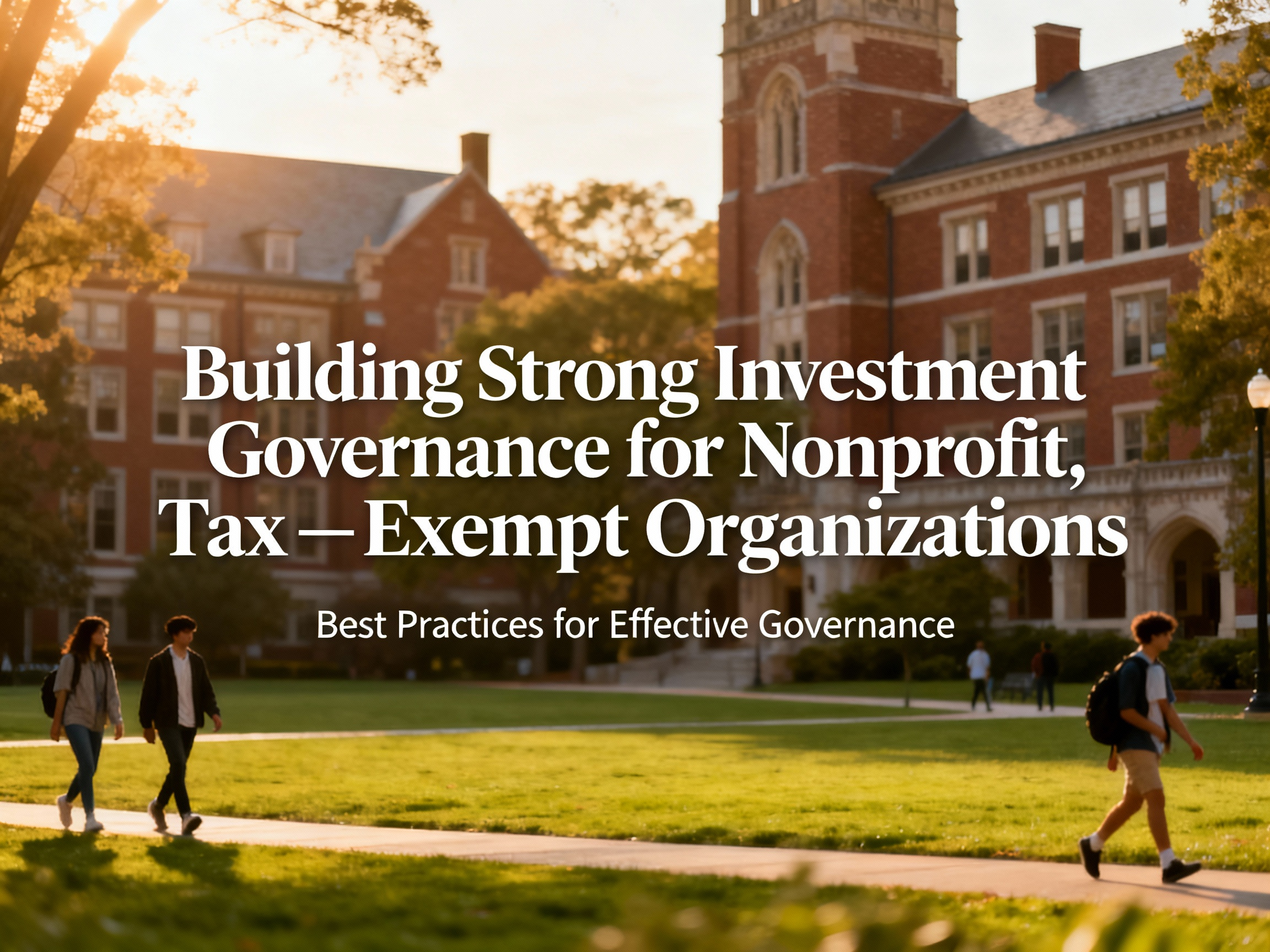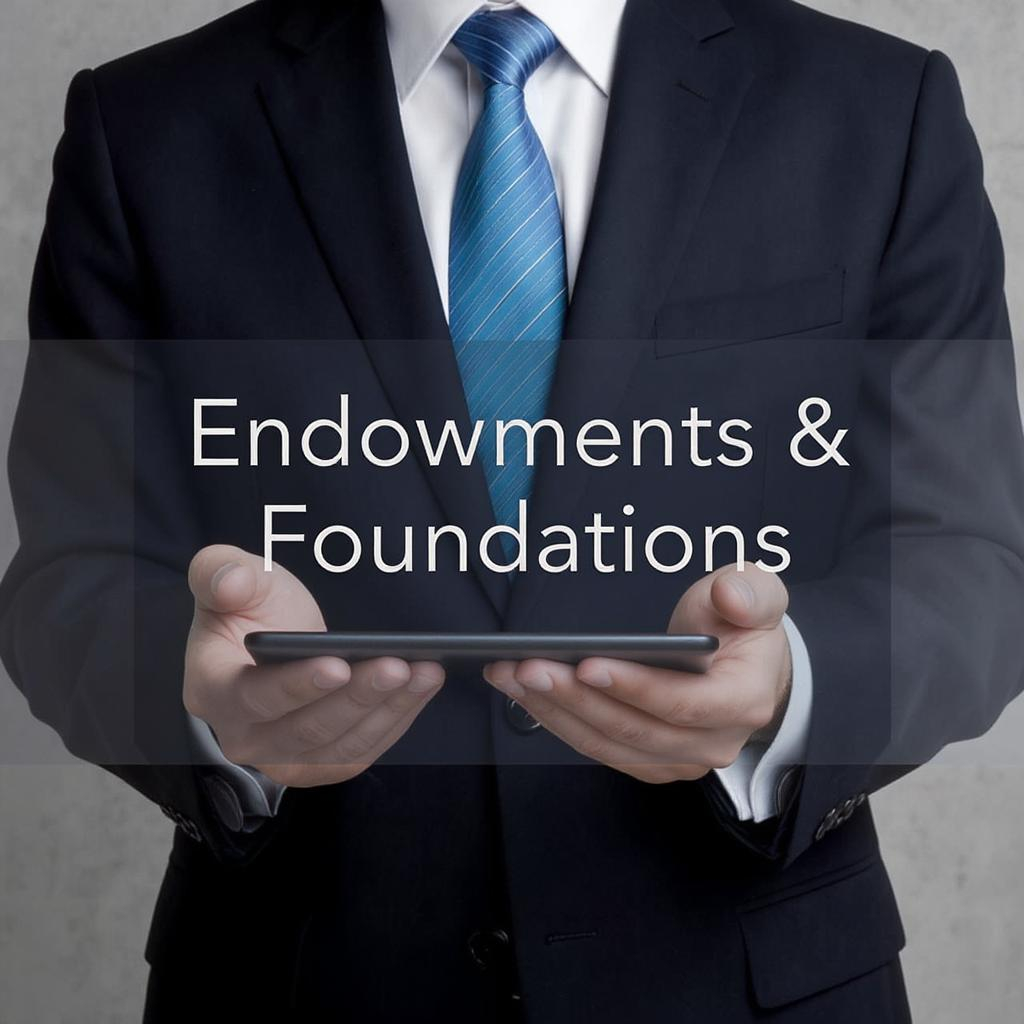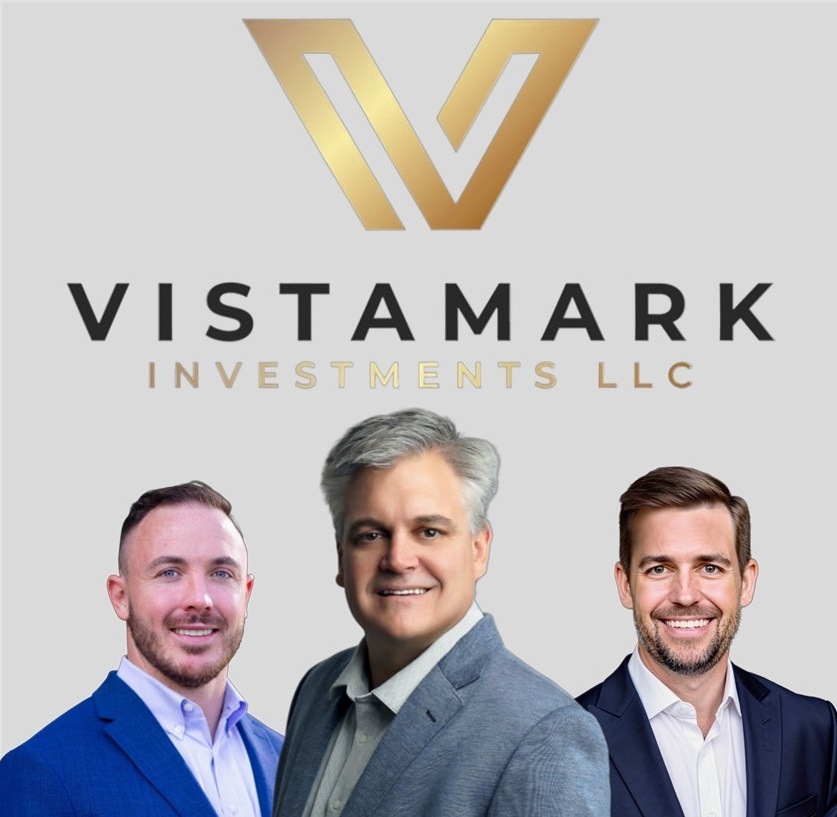Tax policy rarely determines whether people give, but it often shapes how they give. The One Big Beautiful Bill Act (OBBBA), with its primary charitable provisions taking effect in 2026 and additional changes beginning in 2027, is best understood as a recalibration of incentives rather than a wholesale redesign of philanthropy. The legislation subtly but meaningfully reorients charitable behavior toward broader participation, more immediate impact, and greater intentionality in planning.
For individual donors, this shift elevates questions around structure, timing, and efficiency. For nonprofit organizations, it introduces both opportunity and adaptation—particularly in fundraising strategy, donor communication, and board education. Navigating these changes thoughtfully requires not just tax awareness, but an integrated view of charitable intent, investment portfolios, and long-term mission sustainability.









